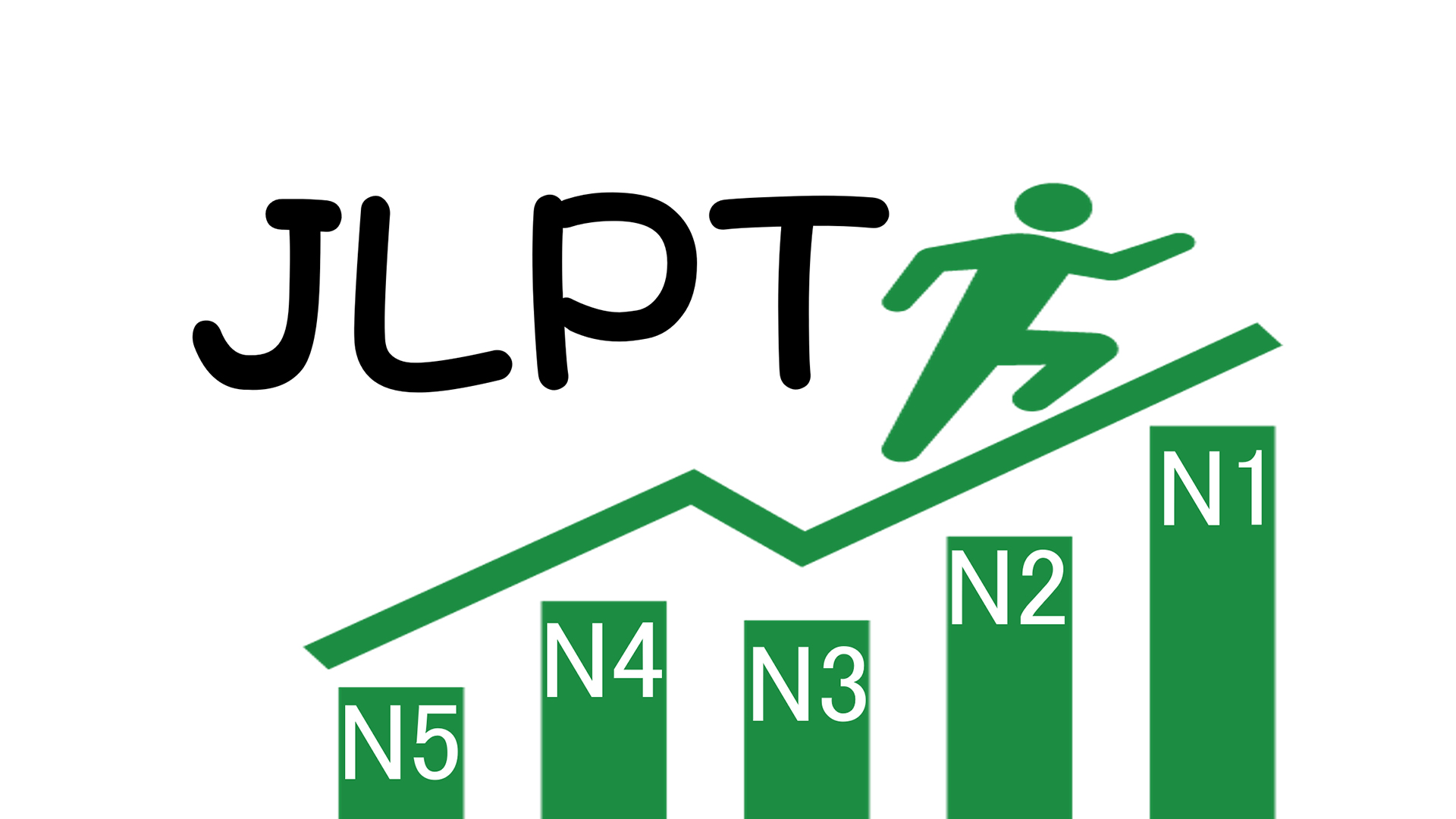Preparing for the Japanese Language Proficiency Test (JLPT) can feel overwhelming, but with the right approach, you can pass with confidence. Whether you’re aiming for N5 (beginner) or N1 (advanced), this comprehensive guide will walk you through the most effective study methods, recommended resources, and expert tips to maximize your score.
1. Know Your JLPT Level – Start Smart
The JLPT is divided into five levels, each testing different language skills:
N5 (Basic Level)
- Skills: Hiragana, katakana, ~100 kanji, basic greetings
- For: Absolute beginners (3-6 months of study)
- Goal: Understand simple phrases and signs
N4 (Elementary Level)
- Skills: ~300 kanji, daily conversations, short paragraphs
- For: Learners with 6-12 months of study
- Goal: Handle everyday interactions (shopping, directions)
N3 (Intermediate Level)
- Skills: ~600 kanji, longer texts, natural-speed listening
- For: Students with 1-2 years of study
- Goal: Watch anime without subtitles, discuss opinions
N2 (Upper-Intermediate Level)
- Skills: ~1,000 kanji, business Japanese, news articles
- For: Advanced learners (2-3 years of study)
- Goal: Work in Japan or enter university
N1 (Advanced Level)
- Skills: ~2,000 kanji, complex texts, fast conversations
- For: Near-fluent speakers (3+ years of study)
- Goal: Professional fluency for careers
✅ Take a diagnostic test first! Many students overestimate their level—start where you’re comfortable to build confidence.
2. Focus on Weak Areas – Study Efficiently
Most JLPT takers struggle with three key areas:
🔹 Kanji & Vocabulary (The Memory Challenge)
- Problem: Memorizing hundreds of characters feels impossible.
- Solution: Use spaced repetition apps like Anki or WaniKani.
- Tip: Learn 5-10 new kanji daily with example words.
🔹 Listening (The Speed Problem)
- Problem: Native speakers talk too fast in the exam.
- Solution: Watch Japanese shows without subtitles (anime, dramas, news).
- Tip: Try shadowing—repeat dialogues aloud to improve pronunciation.
🔹 Grammar (The Confusion Trap)
- Problem: Particles (は vs. が) and conjugations are tricky.
- Solution: Do 10-15 minutes of grammar drills daily.
- Tip: Write sentences using new grammar to reinforce learning.
Why It Works: Targeted practice saves time and boosts scores faster.
3. Use the Right Books – Study Smarter
Not all textbooks are equal. Here are the best JLPT prep books:
📖 For N5-N4 Beginners:
- “Minna no Nihongo” – Clear explanations + real-life dialogues
- “Genki” – Great for self-study with exercises
📖 For N3-N1 Intermediate/Advanced:
- “Shin Kanzen Master” – In-DepthGrammar& reading strategies
- “TRY!” Series – Links grammar to practical usage
📖 For All Levels:
- “JLPT Official Practice Workbook” – Real exam-style questions
Pro Tip: Combine books with flashcards and audio practice for best results.
4. Take Timed Practice Tests – Build Exam Skills
Many students fail because they run out of time or panic. Here’s how to avoid that:
✅ Simulate Real Exam Conditions
- Stick to the time limits (e.g., N3 reading = 70 minutes).
- No breaks—train your brain for full-length focus.
✅ Identify Weak Points Early
- Mock tests show exactly where you need improvement.
- Adjust your study plan based on results.
✅ Recommended Schedule:
- 3+ months before exam: 1 full test per month
- Last 6 weeks: 1 test every 2 weeks
- Final 2 weeks: 1 test per week
At Asahi: We provide graded mock tests with teacher feedback to track progress.
5. Improve Listening Fast – Train Your Ears
The JLPT listening section is played only once—so you must be prepared.
🎧 Daily Listening Practice
- Anime/Dramas – Entertaining way to learn natural speech.
- NHK News Easy – Slower news for beginners.
- Podcasts – Great for commuting (e.g., “JapanesePod101”).
🎧 Shadowing Technique
- Listen to a short sentence.
- Pause and repeat it exactly.
- Mimic the tone and speed.
🎧 JLPT-Specific Drills
- Practice with past exam audio files.
- Focus on question types (e.g., “What will the woman do next?”).
6. Join Our JLPT Test Preparation – Expert Guidance
Self-study is good, but structured learning is better.
Why Study with Us?
✔ Expert Teachers – Explain tricky grammar clearly.
✔ Small Classes – Personalized attention for weak areas.
✔ Mock Tests + Feedback – Know exactly where to improve.
✔ Motivating Environment – Study with peers who keep you on track.





